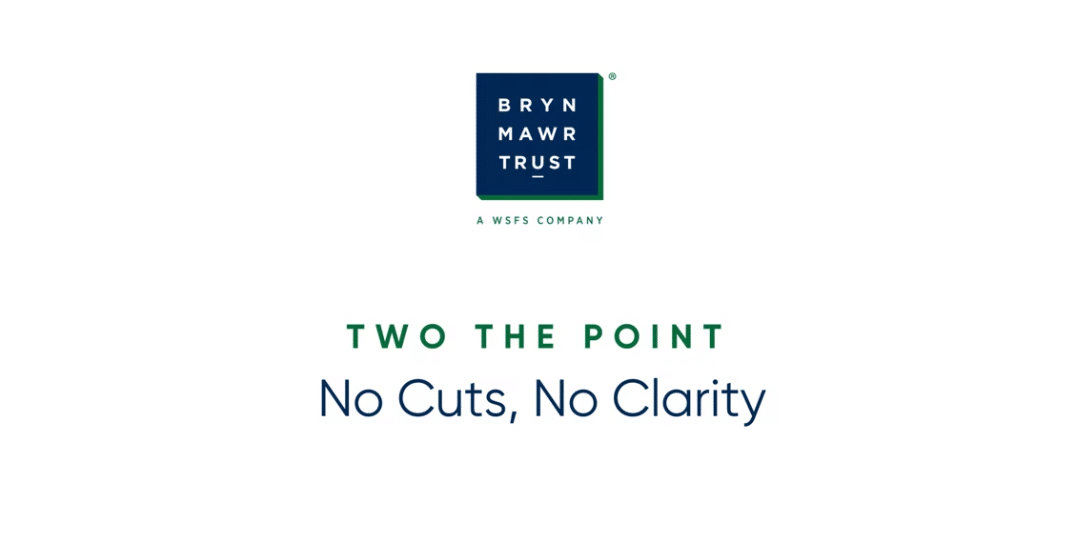Are Women Leading the Charge in Securing Their Financial Future?

Women are at the forefront of securing their financial futures, showcasing resilience, strategic planning, and an unwavering commitment to financial literacy. In an era where financial landscapes are constantly evolving, women’s involvement in financial planning has become more pronounced.
According to a survey conducted by Bryn Mawr Trust, an impressive 87% of women report feeling well-prepared financially for retirement. This confidence is attributed to their active participation in financial planning with nearly all women surveyed being involved to some extent. Additionally, the support from financial advisors plays a significant role in their preparedness.
From taking active roles in retirement planning to seeking the expertise of financial advisors, women are not only participating but leading the charge. Their growing presence in financial decision-making reflects a significant shift towards empowerment and self-sufficiency.
By prioritizing financial education, embracing shared decision-making, and leveraging professional advice, women are carving paths toward robust financial security. The proactive approach underscores their pivotal role in shaping not just their own financial destinies but also contributing to a broader narrative of financial inclusion and stability.
Preferred Learning Resources and Expert Consultation
- Over half of the respondents (57%) favor professional financial advisors as their primary source for financial knowledge, followed by family members (40%) and online resources (37%).
- Significant life events, such as the loss of a spouse or a negative experience with a financial advisor, prompt a considerable number of women to seek professional advice.
Insights into Financial Planning Practices among Women
- Women’s involvement spans across various financial decision-making areas, including retirement planning (56%), trust and legacy planning (50%), investment management (50%), and tax planning (46%).
- The research reveals that financial planning responsibilities are often shared, with 60% of women co-managing with their partners and 25% taking sole charge of their financial planning.
- Age influences the distribution of responsibilities: 68% of women aged 40-49 share retirement planning duties, a contrast to more mature age groups, where a higher percentage report taking sole responsibility.
- Confidence levels are high, with a majority feeling equipped to manage debts, support personal interests, afford leisure and travel, cover unexpected expenses, and maintain their lifestyle in retirement.
How are women shaping the landscape of retirement planning in today’s dynamic financial environment?
In today’s rapidly changing financial environment, women are pivotal influencers in the realm of retirement planning. Armed with an increasing desire for financial literacy and independence, they are steering their financial futures towards more secure horizons. By actively engaging in financial planning, seeking professional advice, and embracing shared decision-making within their households, women are reshaping the traditional landscape of retirement planning.
The research underscores the critical role women play in the economic well-being of their families and communities. Given the constantly evolving landscape of financial regulations and retirement planning options, it is vital for women to stay informed and make educated decisions regarding their financial future.
Financial advisors are key resources in this regard, offering novel information on market dynamics and investment strategies to navigate risks and achieve financial goals effectively.
Marked by a blend of collaborative and independent strategies, their approach reflects a broader trend towards inclusivity and empowerment in financial decision-making. As women navigate through investment management, planning, and legacy considerations, they are setting new benchmarks for financial preparedness, underscoring their role as key architects of their financial well-being and that of their communities.
Further Reading
The survey, which surveyed 826 women aged 40 and above with either a household income of $175,000+ or investable assets of $1 million+, provides detailed insights into how women are navigating their financial planning and retirement preparation. It highlights the importance of active participation and the value of professional advice in achieving financial readiness for retirement.
Survey Methodology
The survey was conducted by research company Opinium. The sample included 826 national female respondents ages 40+ with either a household income of $175K+ or investable assets of $1M+. The online survey was conducted from December 14-18, 2023, with a margin of error of +/- 3.4 percent.



